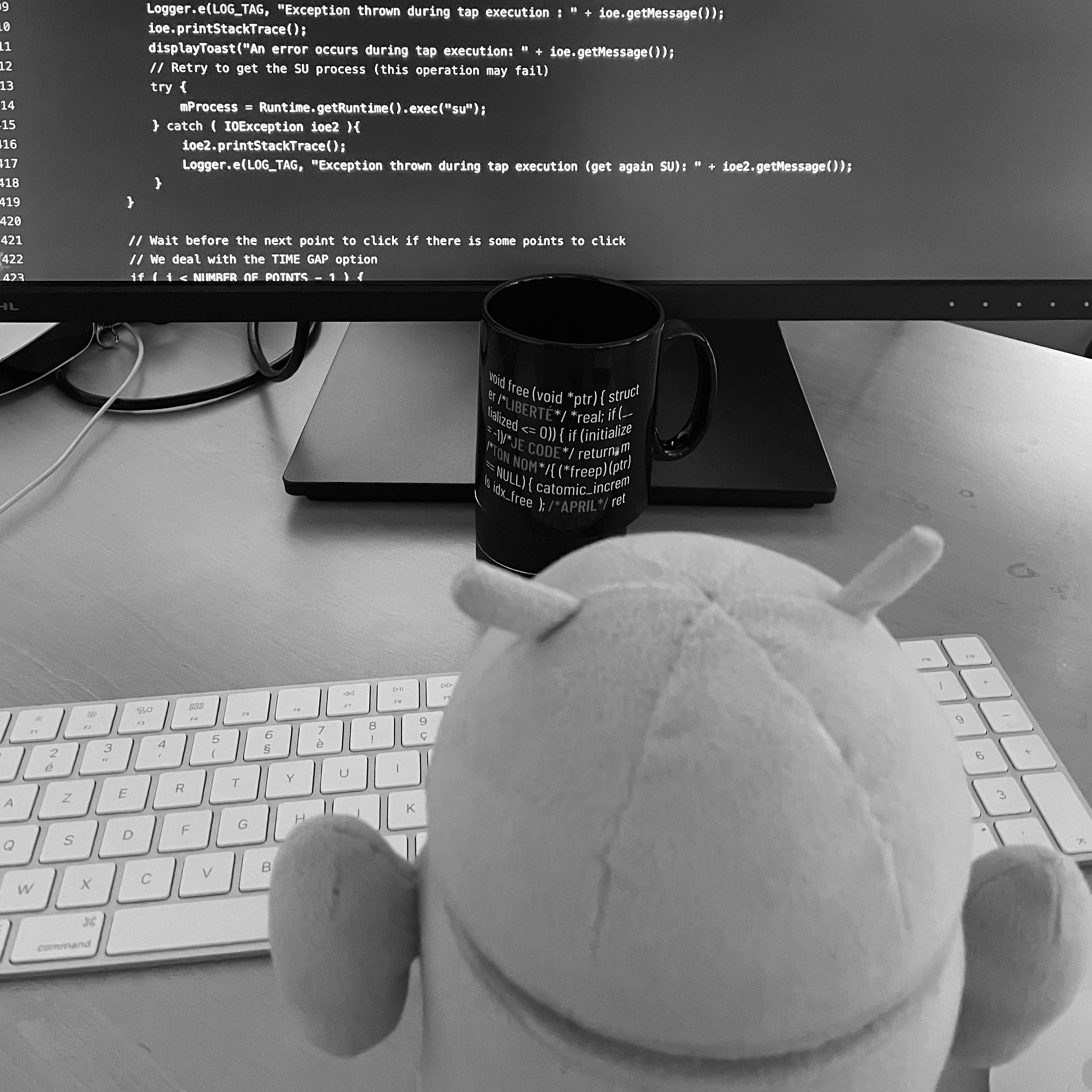- cross-posted to:
- [email protected]
- cross-posted to:
- [email protected]
Sentry has moved to a new license for its products called Functional Source License, and explains in this article the story of the licensing for these products and why they throw BSL for FSL.



They do allow you to profit off the software though, by using it to host the service for yourself (even as a company), you just can’t offer hosting as a service to compete with them. Obviously this doesn’t offer as much freedom as just a straight MIT or Apache license, but I feel like it still qualifies as open-source; they are only really adding one restriction, and it could even be considered less restrictive than something like GPL (no requirement to open source derived software). I think this license makes a good compromise of being as open as they possibly can without AWS/GCP/Azure eating all of their business without doing any real engineering work.
The GPL is a fair play license as it offers everyone the same opportunities to use the software either for commercial purposes or otherwise. This license is a grants one party substantial rights over others, thus missing the main point of free software: free as in freedom, not free as in beer. That is also why free software organizations like the OSI won’t accept licenses like this as “open”.
and if you consider that “economic barrier to entry” can make any bigger company, who is able to scoop a startup’s code & sell the use of it, can extinguish the startup who created the code …
then, yes, there are definitely situations where protection-against-competitors, some of whom have DEEP pockets, could be an actual requirement, for opensourcing one’s code.
“Coopetition” Bill Gates coined, where you “cooperate” with your competitors, but, being Microsoft, you do it so you can snuff them, soon.
I can definitely see why a company would want to be able to allow limited use of their code, globally, but to legally-prohibit using it to destroy them.
Sure, you can do all of that, fine by me. What you should not do is take that proprietary construct, slap the term “freedom” on in and try to muddy the waters of the FOSS licensing landscape neven further for your own gain.